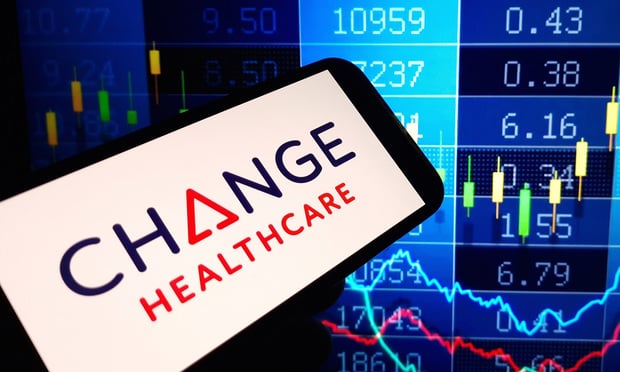Pain-pill giant Purdue Pharma LP will stop promoting its opioiddrugs to doctors, a retreat after years of criticism that thecompany’s aggressive sales efforts helped lay thefoundation of the U.S. addiction crisis.
|The company told employees this week that it would cut its salesforce by more than half, to 200 workers. It plans to send a letterMonday to doctors saying that its salespeople will no longer cometo their clinics to talk about the company’s pain products.
|“We have restructured and significantly reduced our commercialoperation and will no longer be promoting opioids to prescribers,”the company said in a statement. Instead, any questions doctorshave will be directed to the Stamford, Connecticut-basedcompany’s medical affairs department.
|OxyContin, approved in 1995, is the closely held company’sbiggest-selling drug, though sales of the pain pill have declinedin recent years amid competition from generics. It generated $1.8billion in 2017, down from $2.8 billion five years earlier,according to data compiled by Symphony Health Solutions. It alsosells the painkiller Hysingla.
|Purdue is credited with helping develop many modern tactics ofaggressive pharmaceutical promotion. Its efforts to push OxyContinincluded OxyContin music, fishing hats and stuffed plush toys. Morerecently, it has positioned itself as an advocate for fighting theopioid addiction crisis, as overdoses from prescription drugs claimthousands of American lives each year.
|Rising toll
Purdue and other opioid makers and distributors face dozens oflawsuits in which they’re accused of creating a public-healthcrisis through their marketing of the painkillers. Purdueofficials confirmed in November that they are insettlement talks with a group of state attorneys general and tryingto come up with a global resolution of the government opioidclaims.
|More than 60,000 people died from drug overdoses in 2016, andthere was a fivefold increase in overdose deaths involvingsynthetic opioids -- from 3,105 in 2013 to about 20,000 in 2016,according to the Centers forDisease Control. The addiction epidemic cost the Americaneconomy $504 billion in 2015, the equivalent of 2.8 percent of theU.S. gross domestic product that year, according to a report by the Councilof Economic Advisers.
|About 200 remaining Purdue salespeople will focus on promotingthe company’s opioid induced constipation drug, Symproic. The druglaunched last year in partnership with Shionogi & Co.
|Copyright 2018 Bloomberg. All rightsreserved. This material may not be published, broadcast, rewritten,or redistributed.
Complete your profile to continue reading and get FREE access to BenefitsPRO, part of your ALM digital membership.
Your access to unlimited BenefitsPRO content isn’t changing.
Once you are an ALM digital member, you’ll receive:
- Critical BenefitsPRO information including cutting edge post-reform success strategies, access to educational webcasts and videos, resources from industry leaders, and informative Newsletters.
- Exclusive discounts on ALM, BenefitsPRO magazine and BenefitsPRO.com events
- Access to other award-winning ALM websites including ThinkAdvisor.com and Law.com
Already have an account? Sign In
© 2024 ALM Global, LLC, All Rights Reserved. Request academic re-use from www.copyright.com. All other uses, submit a request to [email protected]. For more information visit Asset & Logo Licensing.








